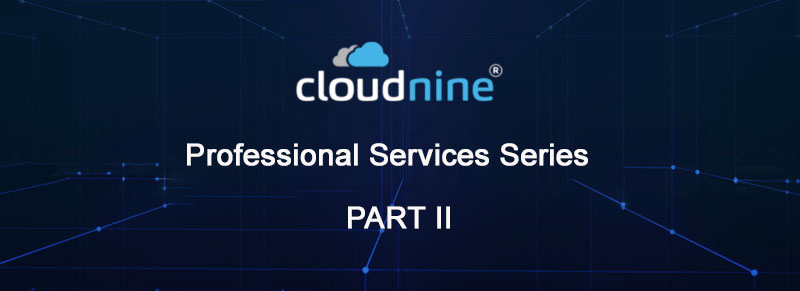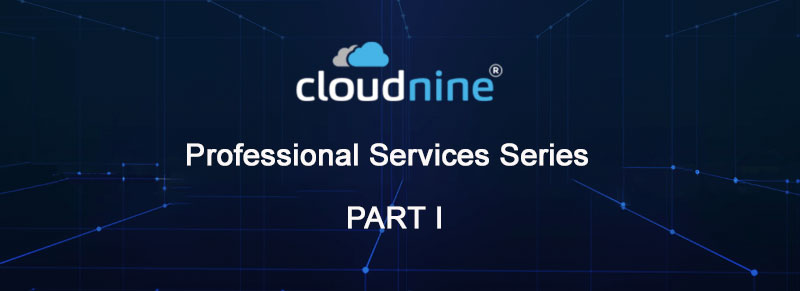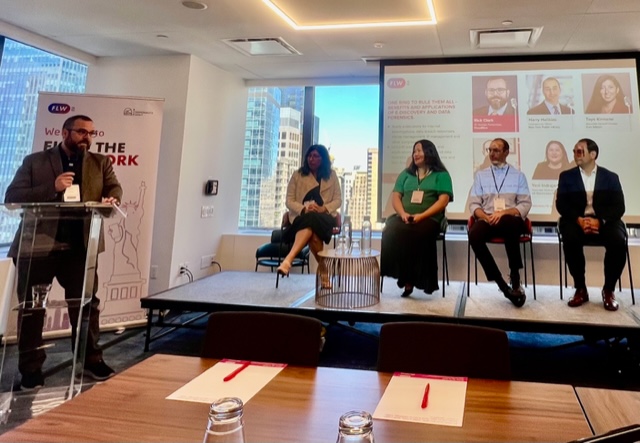A 2023 Reflection: How the Modern Data Dilemma in eDiscovery is Now Getting Solved
By Rick Clark
It’s evident that the legal eDiscovery industry is undergoing significant transformation, driven by the ever-expanding data varieties, volumes, and the velocity in growth for varieties and volume, especially in the last year. (For instance, there are 20 million text/chat messages sent every minute. 1) The intersection of these three data Vs has not only posed unique challenges but has also paved the way for innovative solutions and a paradigm shift in how data is reviewed in the legal discovery process.
The Surge in Data Variety
One of the defining aspects of 2023 in the eDiscovery arena has been the explosion in data variety. With the proliferation of communication channels, collaboration platforms, and social media applications, legal professionals are grappling with an increasingly diverse range of data types. From traditional emails and documents to multimedia content and unstructured data generated by disparate communication options, the legal landscape now demands a more comprehensive approach to data review.
To address the addition of modern data, eDiscovery solutions have evolved to incorporate advanced native review workflows and artificial intelligence. With the largest challenge in deriving context from cross platform communications facing legal teams today, near native (looks like a document) renderings of communications allow teams to see conversations navigating between communications applications and tag each message with the proper tag.
Soaring Data Volumes and the Need for Efficiency
The continued growth in data volume has been a persistent challenge for the legal industry, and the increase in variety types has compounded the volume challenge. The sheer magnitude and variety of information generated by businesses and individuals has necessitated a reevaluation of eDiscovery workflows. Traditional methods of manual document review are no longer viable in the face of terabytes or even petabytes of data.
To tackle this issue, eDiscovery providers have embraced technologies such as near-native-driven review, machine learning, and automated workflows. These augmented platforms empower legal professionals to sift through vast datasets more efficiently, identifying relevant information with greater accuracy and speed. The emphasis is on streamlining processes to ensure that legal teams can focus their efforts on the most critical aspects of a case rather than being “stuck” in linear document review workflows.
Accelerating Data Velocity and Real-Time Challenges
The speed at which data is generated and disseminated has reached record levels, posing a unique set of challenges for the legal eDiscovery landscape. The need for real-time insights has become paramount, especially in cases where swift action is required. Data velocity requires that legal professionals adapt their strategies to keep pace with the dynamic nature of information.
In response to this, eDiscovery platforms are being designed with more efficient data collection processes in mind, that integrate into the already existing efficient review and analysis capabilities. This allows legal teams to download or collect data when it is needed, ensuring that they stay ahead of developments in legal processes. It also enables proactive decision-making with faster access to key conversations that can be found in Slack, Teams or other mobile communication applications.
The Paradigm Shift: Reviewing Data Differently
The confluence of data variety, volumes, and velocity has forced the legal eDiscovery industry to reevaluate traditional document review methods. The days of linear review processes and manual document examination are giving way to a more dynamic, technology-driven approach.
Legal professionals are increasingly relying on a combination of human expertise and advancing technologies. With 2023 being another year of hard lessons with modern data, technologists and legal teams are working together to create more seamless workflows that will make 2024 a better year for managing this data. The first step is looking at modern communications as data during an Early Case Assessment (ECA) or review phase and then documents for production purposes only; not the other way around.
In conclusion, the year 2023 has been a watershed moment for the legal eDiscovery industry when it comes to handling modern data. The challenges posed by data variety, volume, and velocity have catalyzed a transformation in how legal professionals approach the review process. The integration of advanced technologies has not only enhanced efficiency but has also positioned the industry to navigate the evolving data landscape with agility and better precision. As we step into 2024, the legal eDiscovery field is poised to continue its evolution, leveraging innovation to meet the demands of an ever-changing digital era. Find out how CloudNine can help you tackle emerging data challenges in eDiscovery with CloudNine Analyst, the only solution available today that can handle modern data in near-native format with timelines. Contact us for a brief consultation today.
1 Internet Minute Infographic by Ediscovery Today
Rick Clark is VP, Strategic Partnerships at CloudNine and has 20+ years of experience in forensics and eDiscovery. Focused on innovation and education, he co-founded ESI Analyst, now CloudNine Analyst, as well as Wave Software and the Master’s Conference.










